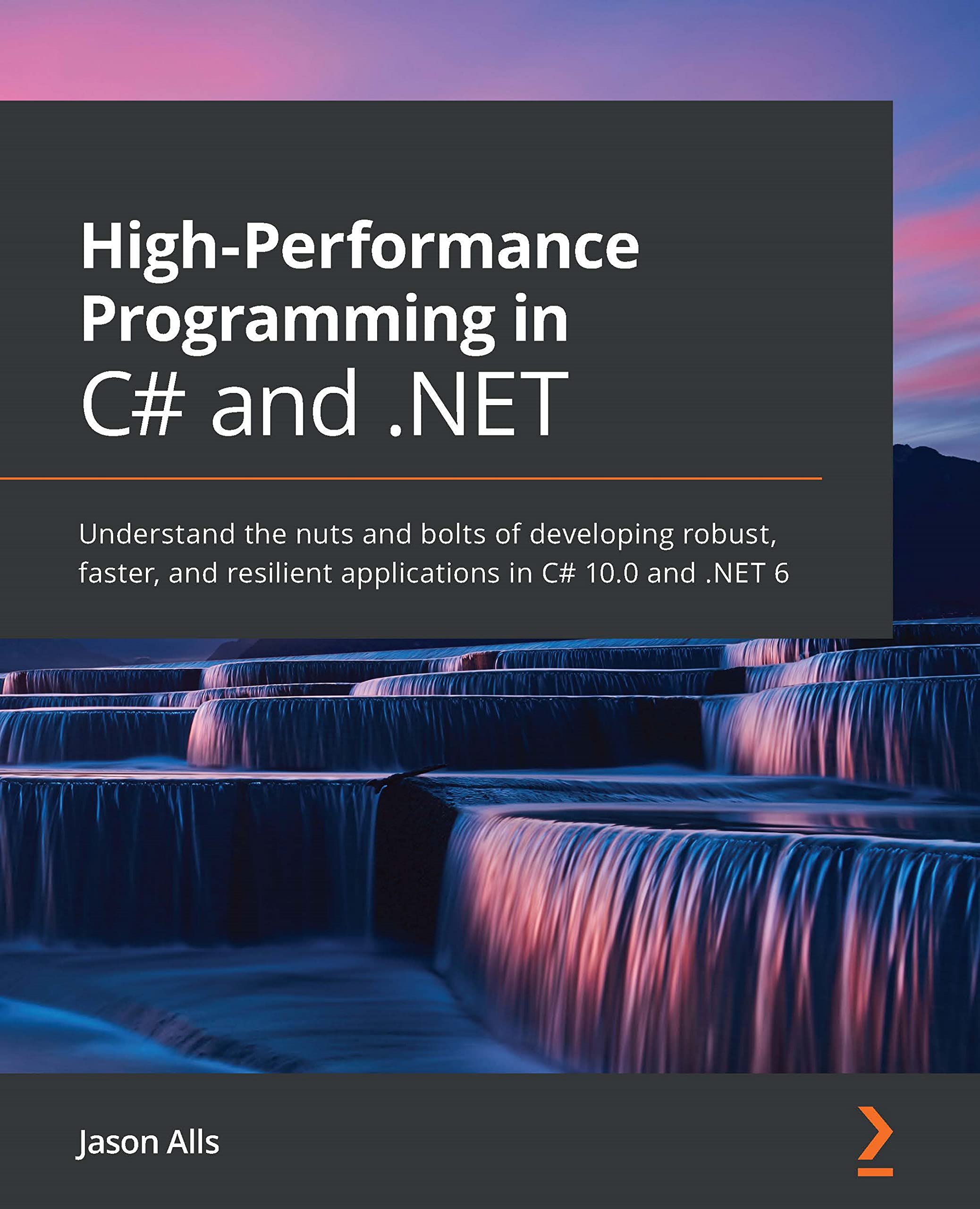What do you think?
Rate this book


660 pages, Kindle Edition
Published July 29, 2022
public IEnumerable GetValues()
{
List list = new List();
for (long i = 0; i < 1000000; i++)
list.Add(i);
return list;
}
public IEnumerable GetValuesYield()
{
for (long i = 0; i < 1000000; i++)
yield return i;
}
[Benchmark]
public void GetValuesBenchmark()
{
var data = GetValues();
}
[Benchmark]
public void GetValuesYieldBenchmark()
{
var data = GetValuesYield();
}